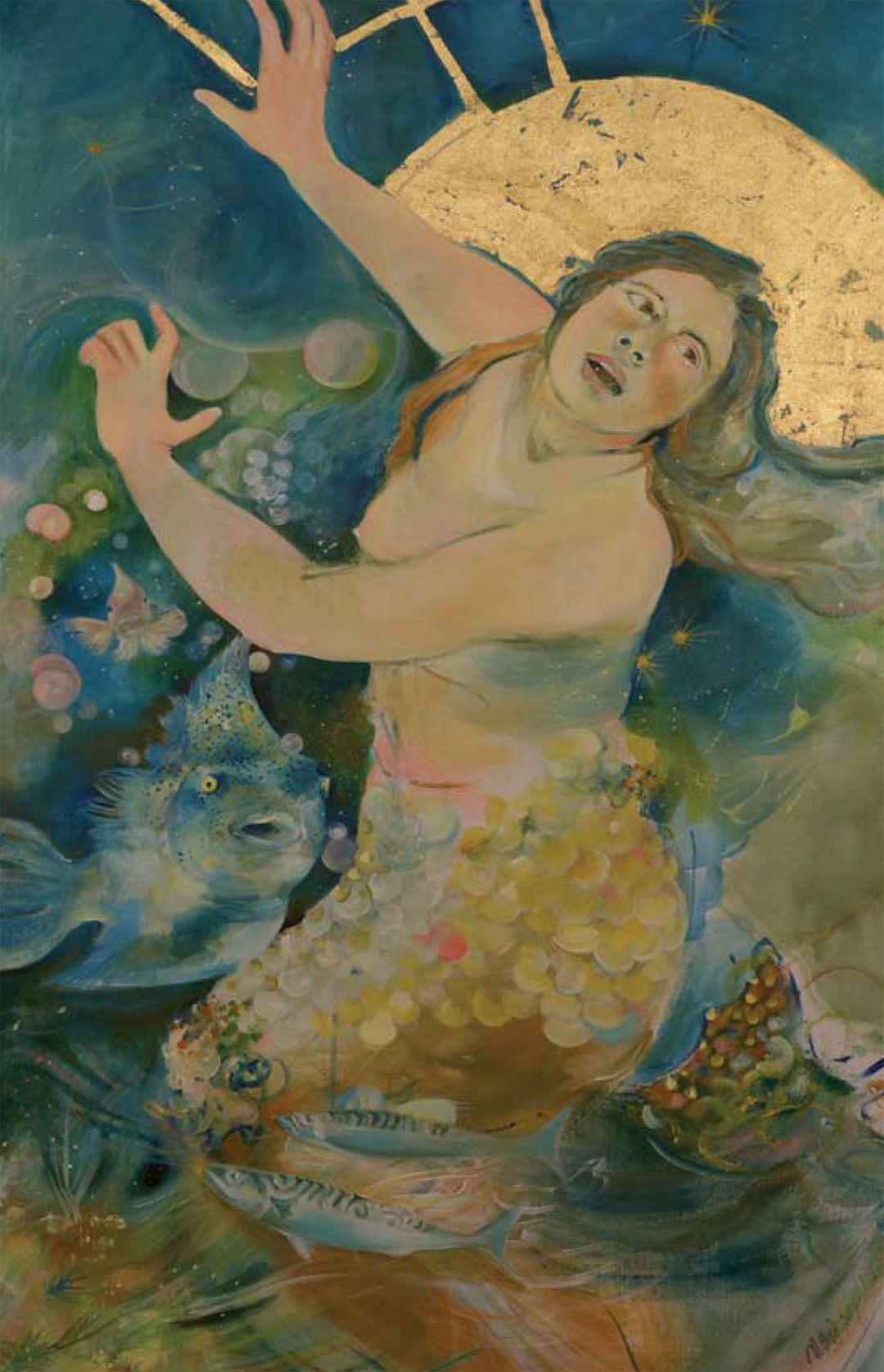Vilborg Dagbjartsdóttir

Vilborg Dagbjartsdóttir: is a prolific translator and enjoyed a long and rewarding career working with children. She was one of the co-founders of the Red Stockings Feminist Movement of the 1970s. In addition to her social work, she is a fixture of modern Icelandic poetry. In 1960, Vilborg published her first book of poetry. At that time, she was one of a few women in Iceland to write modernist poetry.
Ragnheiður Erla Björnsdóttir

Ragnheiður Erla Björnsdóttir: is a composer and poet based in Reykjavík. She recently completed an MA in Creative Writing at the University of Iceland. Prior to this, she studied composition at the Iceland University of the Arts under the guidance of Hróðmar I. Sigurbjörnsson. Ragnheiður’s work mixes art forms in a variety of media and emphasizes the connection between music and text.
Soffía Bjarnadóttir

Soffía Bjarnadóttir: is an Icelandic novelist and poet born in Reykjavík 1975. Her first novel, Segulskekkja (Magnetic Declination) was published 2014 and translated into French, J’ai toujours ton coeur avec moi, in 2016. Her first poetry collection, Beinhvít skurn (Bone White Shell, 2015), later followed Ég er hér (I Am Here), 2017. Soffía received the New Voices Grant from Icelandic Literature Fund for her novel Segulskekkja. This year, work from her book, I Am Here will be published in UNESCO’s World Poetry Book (trans. Meg Matich), and her short play, Erfidrykkjan, will be staged in a collaborative effort between the Reykjavík City Theatre and the Art Festival in Reykjavík.
Magnús Sigurðsson

Magnús Sigurðsson (b. 1984), who collaborated on this anthology, is an acclaimed poet and literary translator. His translated authors include Ezra Pound, Naomi Shihab Nye, Adelaide Crapsey, and Emily Dickinson. Cold Moons, his book of poems, was published in the U.S. in 2017 by Phoneme Media (Translated by Meg Matich).


